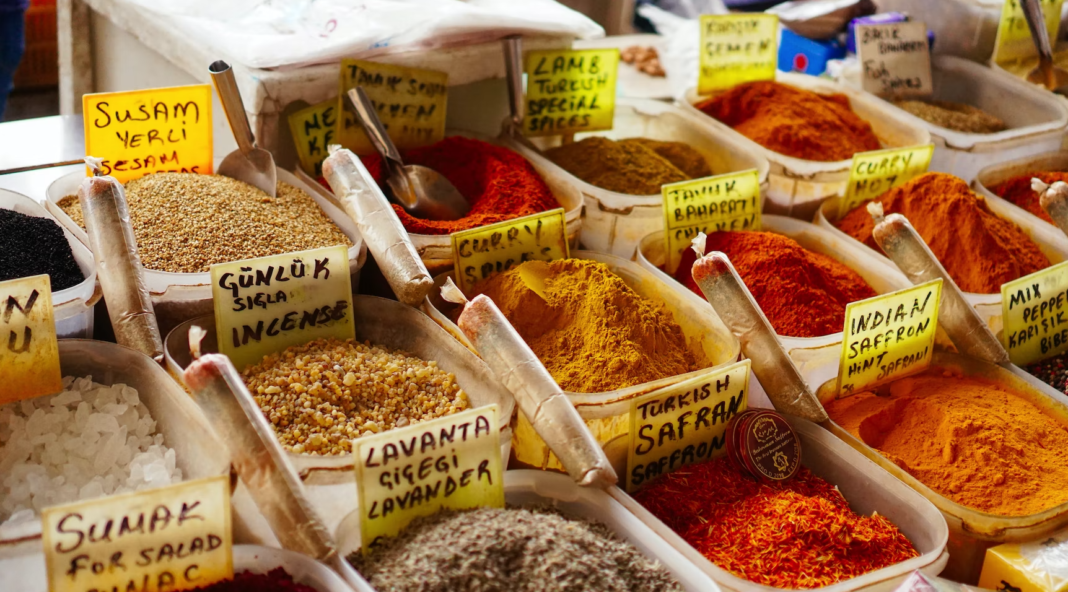« Turkey’s inflation rate slowed for a third successive month in January, official data showed Friday, after a record that threw the economy into chaos and imperilled President Recep Tayyip Erdogan’s chances in May 14 polls » reports RFI on February 3, 2023.
Consumer prices grew at an annualised rate of 57.7 percent in January compared to 64.3 percent in December, according to the state statistics agency.
It peaked at 85.5 percent in October — the highest rate of Erdogan’s two-decade rule.
The reading delivers a welcome boost for Erdogan heading into a close presidential and parliamentary election in which he will seek to extend his mercurial rule until 2028.
Economists attribute the slowdown in part to a slide in the price of Turkey’s energy imports.
Natural gas prices have fall back to early 2022 levels after soaring in response to Russia’s invasion of Ukraine.
But a part of the slowdown is also linked to a statistical anomaly that compares the past months’ prices to a meteoric pace that followed a late 2021 currency collapse.
The rate « will drop further this quarter, perhaps below 45 percent year-on-year in March, as the surge in prices following the 2021 currency crisis falls out of the annual price comparison, » Capital Economics said in a report.
Bump in polls
The slowdown coincides with a bump in Erdogan’s approval numbers heading into what promises to be a close election race.
The opposition has been pillorying Erdogan’s handling of the economy — particularly his unorthodox belief that high interest rates accelerate inflation instead of slowing it down.
Erdogan has been a lifelong opponent of high borrowing costs and used campaign speeches to attack the « interest rate lobby ».
He has previously cited Islamic rules against usury to justify his push for the central bank to lower its benchmark interest rate.
Other central banks across the world have been raising their rates to tame inflation.
The Turkish central bank’s current interest rate of nine percent makes real interest rates in the country — calculated as the difference between borrowing costs and inflation — a staggering minus 47.7 percent.
This sharply limits banks’ appetite to lend money and encourages consumers to spend before their liras lose value.
The unusual situation has contributed to a slowdown in Turkey’s once healthy economic growth rate.
The Turkish economy contracted by 0.1 percent between July and September of 2022.
« Economic growth will continue to slow and President Erdogan could put pressure on the (central bank) to loosen policy ahead of this year’s election, » Capital Economics said.
RFI, February 3, 2023.

